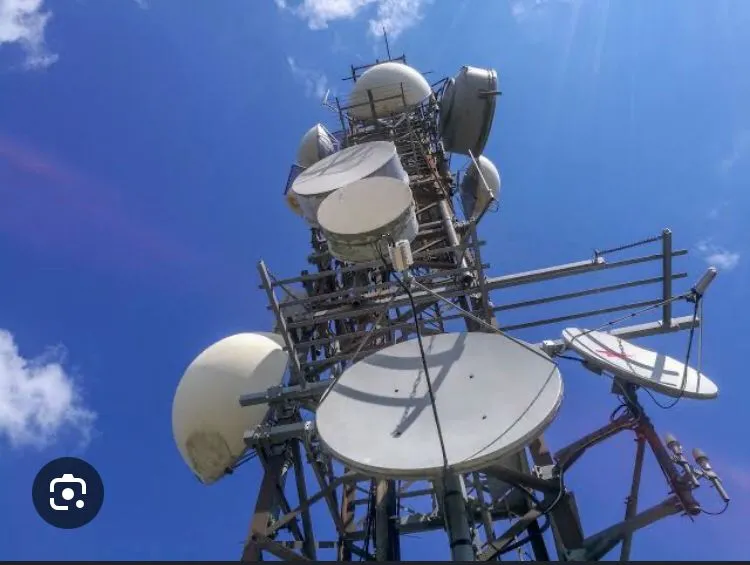
Affordable Asset Financing Drives 4G,5G Connectivity
Uganda’s digital revolution is accelerating, driven by affordable asset financing solutions that make 4G and 5G-enabled smart devices accessible to millions of citizens.
By breaking down financial barriers to owning advanced smartphones, these initiatives are empowering Ugandans to fully participate in the growing digital economy.
While mobile network operators have significantly expanded 4G coverage across urban and peri-urban areas and begun rolling out 5G networks, the high cost of compatible smartphones has been a major obstacle for many.
With a large portion of the population still relying on 2G and 3G devices, the transformative potential of high-speed internet has yet to be fully realised.
Government Perspective
“We have made significant strides in embracing technology, and Ugandans can see the progress compared to a decade ago,” said Dr. Chris Baryomunsi, Minister for ICT and National Guidance. “Connectivity has improved, and internet access has reached many parts of the country. However, the high cost of devices like smartphones, tablets, and laptops continues to limit access for certain segments of society.”
Innovative Financing Solutions
Recognising this challenge, fintech startups such as Watu Uganda have introduced innovative asset financing models that allow customers to purchase 4G and 5G-enabled smartphones on credit.
These models require a small initial deposit, with the balance paid in manageable monthly instalments.
“Affordable financing is a game-changer for digital inclusion in Uganda,” said Christian Kamukama, Head of Commercial at Watu Uganda.
“By offering flexible payment options, we are enabling more Ugandans to access the tools they need to connect, innovate, and thrive. This is helping to drive the adoption of 4G and 5G technology.”
Kamukama highlighted how affordable smartphones are revolutionising how Ugandans work, learn, and access essential services.
High-speed connectivity allows entrepreneurs and small businesses to engage in e-commerce, connect with customers online, and tap into global markets. Students benefit from online learning platforms, while farmers can access real-time weather updates and market information through mobile applications.
“These devices, made accessible through low-interest financing, bridge the gap for low-income earners, creating opportunities for all,” Kamukama added.
Boosting Infrastructure and Digital Inclusion
As more Ugandans adopt 4G and 5G-enabled devices, mobile operators are expanding their high-speed internet infrastructure to meet growing demand.
Asset financing programs are also reaching underserved rural areas, where smartphone penetration and digital literacy have traditionally been low.
“This increased access to mobile technology is essential for fostering digital inclusion across the country,” Kamukama emphasised.
Challenges and Opportunities
Despite the progress, barriers remain. Economist Allan Mukalazi pointed out that limited awareness about smartphones, concerns over debt, inconsistent electricity, and poor network coverage hinder full utilisation of these devices in some regions.
“These challenges make it difficult for residents in some areas to unlock the full potential of digital connectivity,” Mukalazi said.
Nonetheless, he acknowledged that affordable asset financing is laying the groundwork for a digitally inclusive Uganda.
“With greater access to high-speed internet, Ugandans are better positioned to seize opportunities in education, business, and entertainment,” he concluded.
As Uganda continues to invest in its digital future, affordable asset financing is proving to be a pivotal tool in bridging the digital divide, unlocking the potential of 4G and 5G connectivity for millions.





